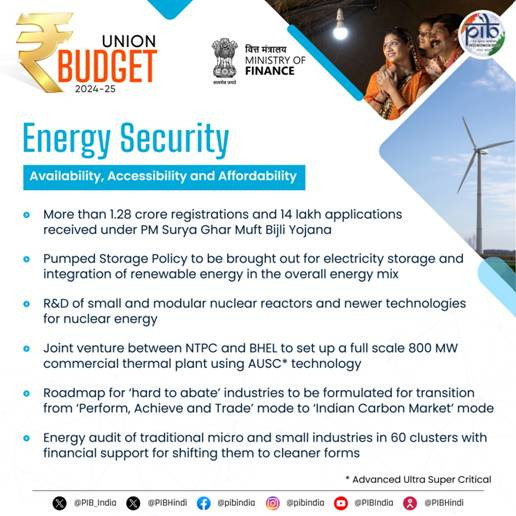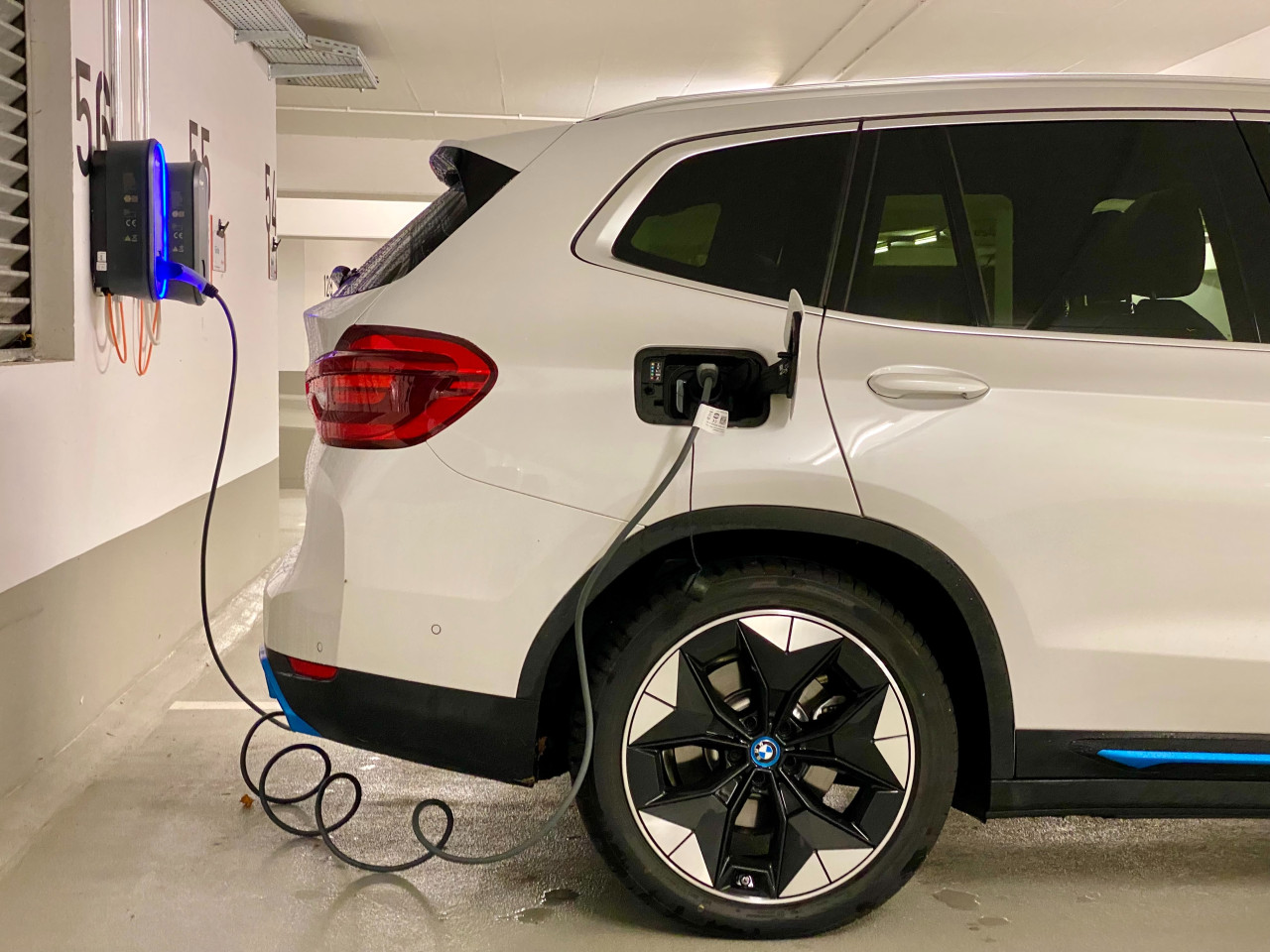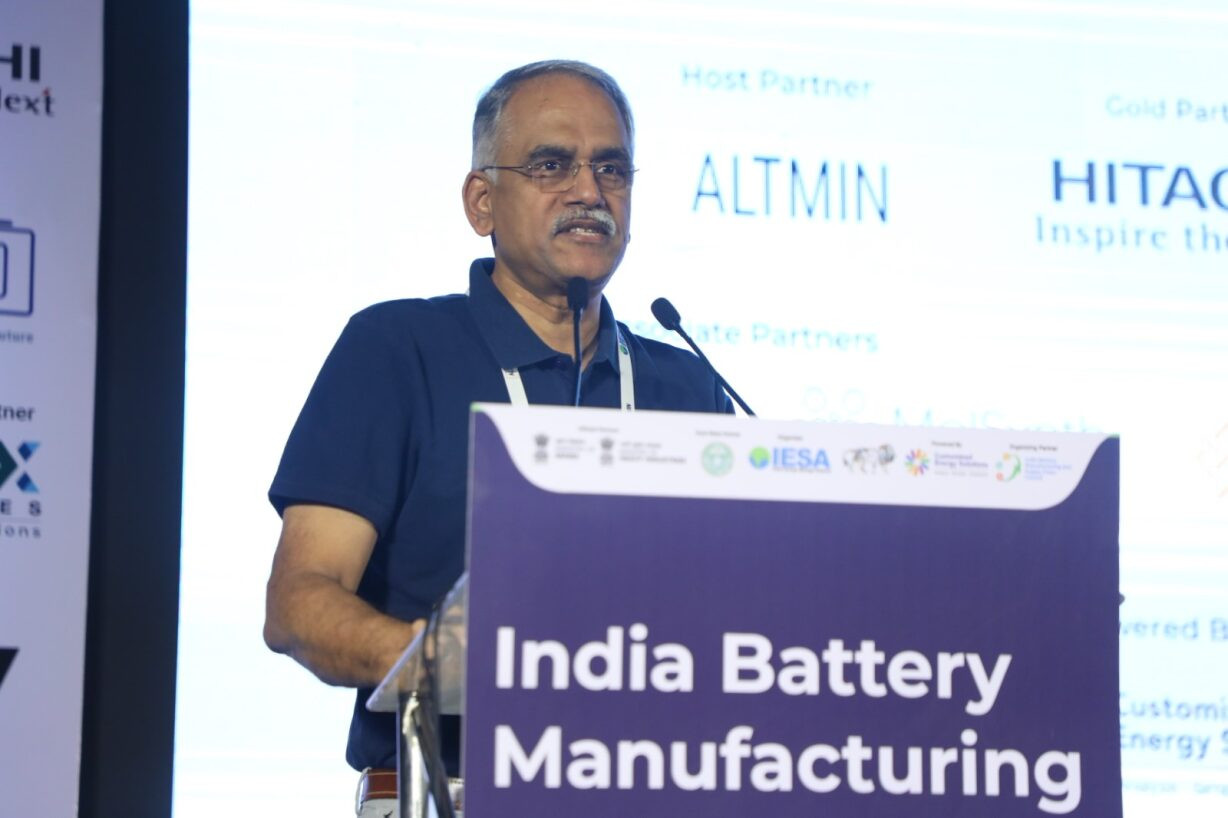The Metals Company, Epsilon Carbon study on Polymetallic Nodule Processing Plant in India
Canadian battery metals exploration firm The Metals Company (TMC) has announced the signing of a non-binding MoU with Epsilon Carbon to complete a pre-feasibility study for a commercial-scale deep-sea nodule processing plant in India. The plant is envisaged to be powered by renewables, with a targeted processing capacity of 1.3 million tonnes of wet nodules per annum.
Further, a production capacity of more than 30,000 tonnes per annum (TPA) of an intermediate nickel-copper-cobalt matte product used for active cathode material (CAM) for Nickel Manganese Cobalt (NMC) and other nickel-rich cathode chemistries for lithium-ion batteries is also contemplated, along with more than 750,000 TPA of manganese silicate by-product for manganese alloy production for the steel industry.
TMC and Epsilon Carbon envision a long-term partnership. TMC intends to supply polymetallic nodules and onshore processing expertise through its subsidiaries. Epsilon Carbon, on the other hand, intends to finance, engineer, build and operate the 'Project Zero Plant' to process polymetallic nodules from the NORI-D area of the Clarion Clipperton Zone of the Pacific Ocean.
TMC has shared with Epsilon Carbon the near-zero solid waste processing flowsheet developed together with Canadian technology and engineering firms. The latter intends to pilot plant program results as well as its own operational experience of building greenfield plants in India to establish the pre-feasibility and business case for a nodule processing plant in India.
It is anticipated that TMC and Epsilon Carbon will enter a binding Heads of Terms for construction and operations of Project Zero Plant by September 30, 2022. Production to start in time to receive nodules collected from NORI-D area starting around Q4 2024, provided, that TMC's subsidiary NORI secures an exploitation contract from the International Seabed Authority.
Gerard Barron, Chairman and CEO of TMC commented, "Over the last three years, we have engaged with many parties and visited plants around the world in search of the right onshore partners. In Epsilon Carbon, we have found a rare mix: a proven operational execution track record in anode materials, a 21st century approach to industrial development grounded in making use of waste products, deep care about safety, environmental and social impacts, and an entrepreneurial ambition to develop cathode precursor materials".
"We could not be more excited about partnering with the Epsilon Carbon team and the prospect of locating our first plant in India, the world's largest democracy and home to 20 percent of the world's population with robust development-led demand for the raw materials that can be derived from polymetallic nodules".
He added "Prime Minister Modi's allocation last year of $600 million for India's 'Deep Ocean Mission and the development of a polymetallic nodule collection system shows the country's commitment to this new, abundant, secure, lower-cost and lower-ESG-impact potential source of critical metals."
TMC and Epsilon Carbon have both agreed not to enter into any binding agreements with third parties for the construction and operation of a processing plant for polymetallic nodules through the earlier of TMC and Epsilon Carbon entering into binding Heads of Terms contemplated in the MoU or March 31, 2023.
Vikram Handa, founder of Epsilon Carbon, noted, "Having developed technology to tap an unconventional source of graphite — a waste stream from steel manufacturing — we are rapidly growing our anode materials' business in India and establishing a new plant in Finland. Our strategy is to expand into cathode materials by 2024".
"TMC's polymetallic nodule resource struck us as a game-changing opportunity to tap another unconventional resource with several intrinsic properties that potentially allow us to develop a cathode precursor materials business with a much lower environmental and social impact. We have started with a PFR for a relatively small-scale plant but we believe that the scale of TMC's resource has the potential to turn India into a significant supplier of critical minerals for battery and steel industries", he said.






















